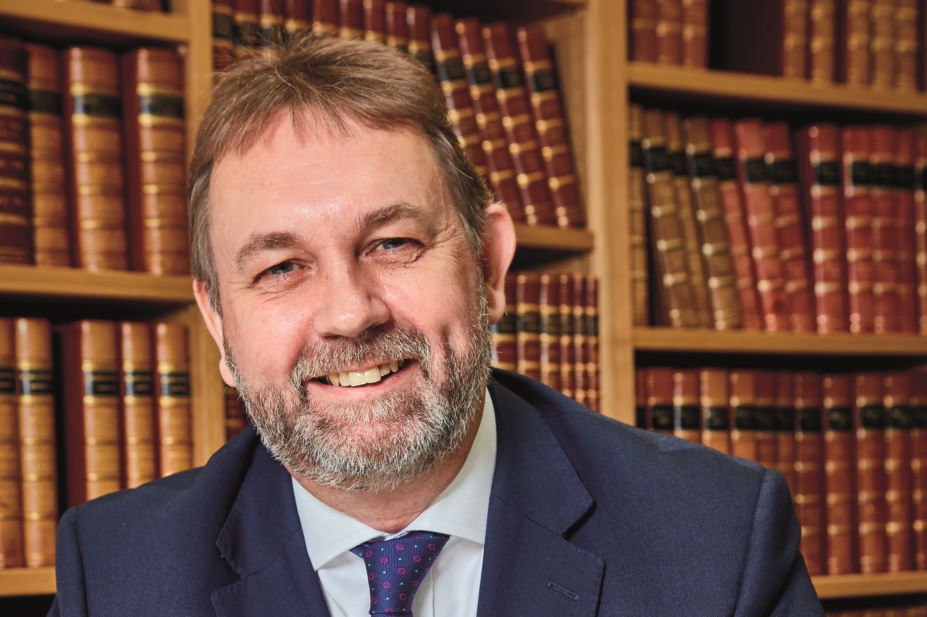
Dave Phillips
The Royal Pharmaceutical Society’s (RPS’s) national pharmacy boards welcomed five new members in June 2019, along with six returning members who have been re-elected. But more can be done to encourage participation in future elections, the Society’s chief executive has said. Voter turnout for the English Pharmacy Board (EPB) elections was 9.9% of eligible membership, while Scotland and Wales saw turnout of 21.5% and 20.2% respectively.
Paul Bennett, chief executive of the RPS, said that he was “pleased” that an election had been held in each of the three countries, and that “we’ve got a mix of returning incumbent members and some new people”.
“It’s really important that we have champions able to voice the views of our membership in really important discussions about policy as it relates to the three individual nations,” he said.
Bennett has issued an open invitation to Society members to share their ideas on how to encourage greater participation in future RPS elections.
“I’m not complacent about the turnout level”, he said. “There’s clearly still more that we need to do to connect with our membership: to resonate with them, and to encourage them to participate in the national pharmacy board elections. We can always do more to showcase what the Society does.
“If any member has an idea to share on what would stimulate greater participation I would like to hear it”, he said. “This is an open invitation to let us know what you think would create a real step change in participation. No idea is a bad idea, and we will look at each one received. You can send in your thoughts by email to support@rpharms.com”.
Bennett also commented on the nature of the 2019 election campaigns, describing it as “overall very positive”. He said that he was “pleased with the tone and conduct” of this year’s campaigns, compared to his experience in 2018.
“Last year, I had to make a statement about the way that a minority of candidates and members had conducted themselves online. This year, we included social media guidance with the candidate election packs, and I am pleased to observe that this seems to have been taken on board,” he said.
In May 2019 Andre Yeung and Duncan Petty were elected to the English Pharmacy Board (EPB), alongside incumbent members Tracey Thornley, Sibby Buckle and David Carter. The Scottish Pharmacy Board election saw Brian Addison newly elected, while John McAnaw and Kathleen Cowle were elected to remain on the board. Jamie Hayes was re-elected to the Welsh Pharmacy Board (WPB).
Also in Wales, Ruth Mitchell and Sudhir Sehrawat were elected unopposed to the ‘community pharmacy (employee)’ and ‘community pharmacy (contractor)’ positions, respectively.
In addition, two new board members will fill casual vacancies that arose during the election process. According to the Society’s regulations, casual vacancies are taken up by the candidate next in line once the substantive places available in the election have been filled. The casual vacancy on the WPB in the primary care sector, created by the resignation of Mike Curson, will be filled by Adam Mackridge.
Brendon Jiang will fill a casual vacancy on the EPB, which arose because Sultan ‘Sid’ Dajani, a sitting board member, is no longer a member of the Society.
You may also be interested in
Long service of members

Membership fees 2022
